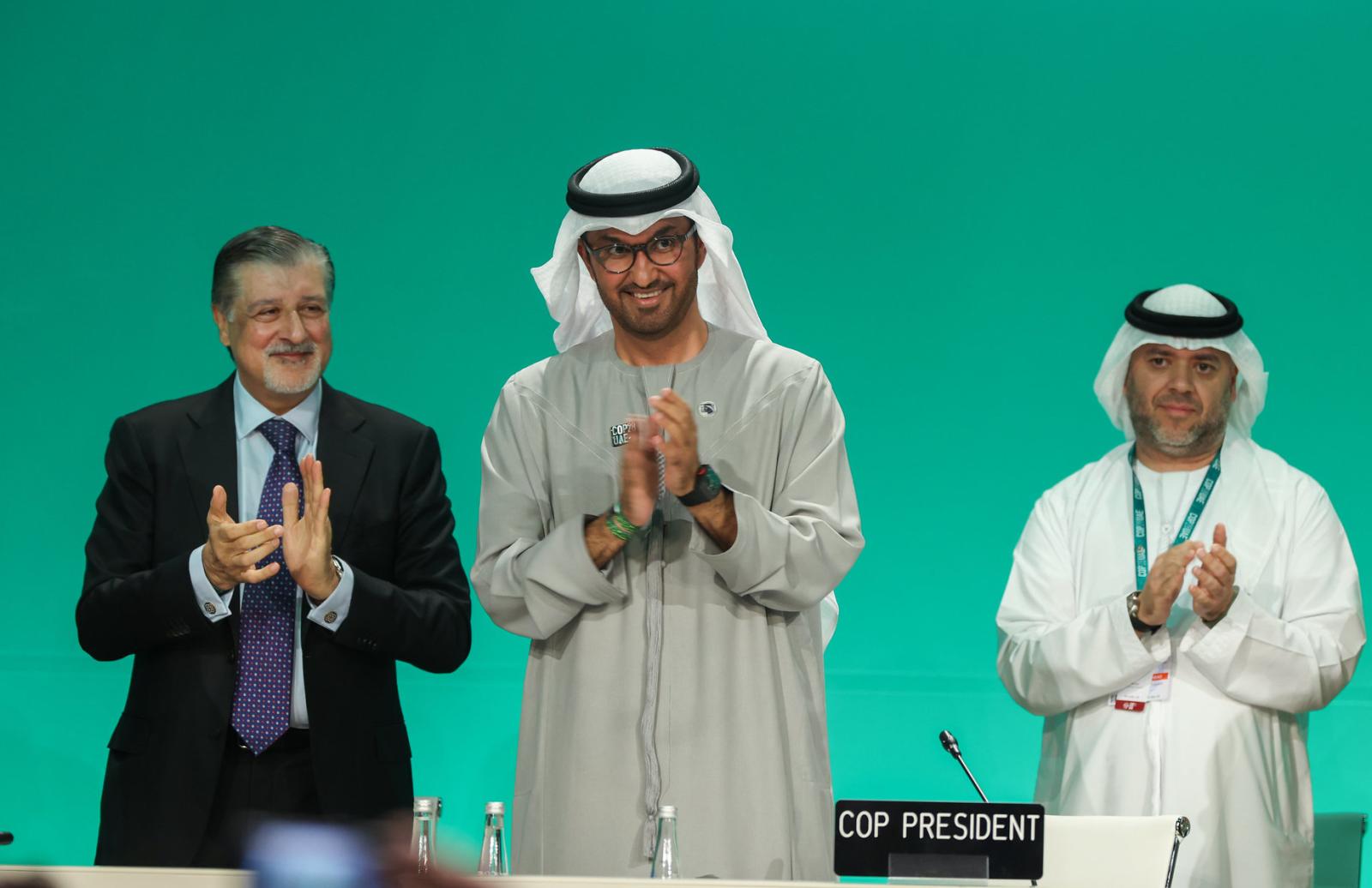At present, there is lots of focus on discussions for MIUR (Ministry of Education, Universities and Research) to establish an Agency, ANVUR (National Agency for Evaluation of Universities and Research Institutes), with the objective of assessing the scientific results of various Italian research groups. There is no doubt over the importance of such activity as the Group2003 demonstrated in their constituent Manifesto and repeated multiple times. It is only right to praise merit, however, this merit is assessed differently in Italy when compared to other countries - there are unbalanced competition conditions and a lack of available resources.
Merit certainly depends on the intellectual and organizational skills of researchers, but also primarily on the institutional context in which they work. In essence, research results are nearly always owing to the group activity and the available finances which are often governed by elements of falsification. There are those selected because they hold friendship with parties, those who have has some ad hoc legislation drawn up, those who are entitled to and others who are excluded from public competitions, there are those who have been lucky owing to their ties with the industry, those who have incurred debts which have subsequently been paid off using public funds, those selected to receive direct financing and who exploit the advantages of being associated with powerful groups. In the end, although merit counts, an analysis cannot be formulated without considering the aforementioned.
In addition, correct consideration of the assessment must be accompanied by the availability of suitable resources and not cut-backs. Instead, the opposite happens: it is like assessing how somebody with no money will spend their money! We must not forget that this Government, from whom we expected more, has, just like previous Governments, abandoned research, eliminating it from all "recovery" proposals. Our research grants are continually decreased and at present, way below the European average; the number of researchers is constantly declining owing to continual emigration with poor returns and so, it is no surprise, that we recover half of the contributions we pay out from the European competition. The situation is disastrous. Within the biomedical sector, all the multi-national companies have shut down their laboratories and Italian industries, with few exceptions, have, for some time now, abandoned research. In Italy, the diagnostic, scientific equipment, medical device industries primarily are lacking. Italy has practically turned into a large and attractive market, which everybody draws on without investing in research, owing to the fact there is a lack of minimal conditions in which to carry out the research. How can the Country pick itself up? Is long-term development possible without investing in research? How will innovation be created with high added-value products if Italian creativity is not exploited, the only genuine resource seeing as though there are no raw materials, nor a cost for competitive work? At least biomedical research costs very little. With a billion euros a year (a few kilometers on the road) which can be achieved with an increase of 20 centimes for the sale of cigarettes or alcoholic products, we could support 5,000 researchers and 10,000 grant recipients. Is it really not possible? Italian researchers have always been too "shy", they should speak out not only to defend the work they do, but primarily, to sustain the interests of this Country.
Silvio Garattini
Director of the Mario Negri Institute for Pharmacological Research, Milan
Member of the Gruppo2003 for research
Contributors (Gruppo2003 for research):
Franco Brezzi
Ele Ferranini
Laura Maraschi
Filippo Frontera
Isabella Maria Gioia
Vincenzo Balzani
Giuseppe Mancia
Gabriele Grisellini
Alessandro Bressan
Maurizio Raiteri
Maria Grazia Roncarolo
Source: Il Messaggero, (Italian newspaper based in Rome) 12 November 2012


